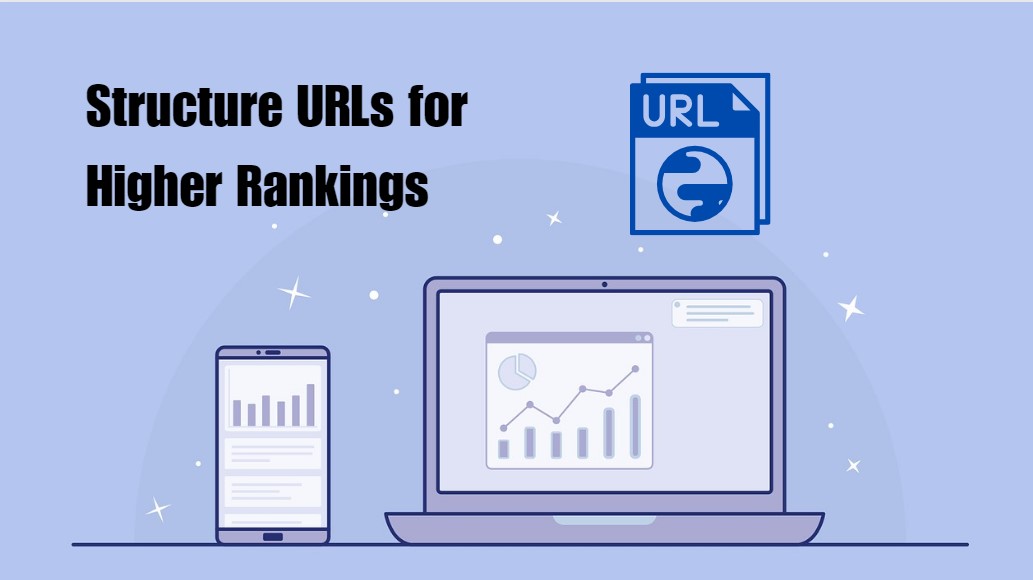When optimizing your site’s technical SEO foundations, URL structure is an important element that can directly impact search rankings if done right. As an experienced SEO professional, you know that URLs play a role in keyword targeting, on-site navigation, and crawling efficiency. By following some best practices in structuring your URLs, you can positively influence your organic search visibility.
Conduct Thorough Keyword Research
The terms you choose to target in your URLs matter significantly. Doing comprehensive keyword research using tools like Ahrefs, SEMrush or Moz Keyword Explorer should inform the phrases you ultimately work into your site’s URL structure. Identify high-value keyword opportunities with strong search volume that aligns to topics and offerings. This ensures the URL keywords you optimize for have real searcher demand.
Once you have a prioritized list of keyword phrases from your research, you can begin to work these into your site’s URLs in a natural, readable format. URLs that incorporate relevant keywords send signals to Google about the page content and topic focus. Just be sure not to overload URLs with keywords in an unnatural way.
Format URLs for Readability
While keywords in URLs are important for SEO, you also want them to be readable and scannable for site visitors. Use dashes or hyphens instead of underscores to segment words – this improves readability. Avoid cramming multiple keywords into long, complex URL strings. Break them into logical chunks using slashes for subfolders to keep individual URLs clean and focused.
For example, a product URL like:
www.mysite.com/buy-the-ultimate-guide-to-seo-keyword-research/
Uses dashes to divide words cleanly, with the main keyword phrase at the start.
Structure URLs Hierarchically
When linking internal pages on a site, it helps to structure URL paths hierarchically using logical subfolders. For instance, blog posts might follow:
www.mysite.com/blog/category/post-name/
While a location page could be:
www.mysite.com/city/service/specific-location/
This makes the site architecture intuitive to users. It also helps search bots crawl efficiently and understand how pages relate to each other.
Avoid Generic Pages in URLs
Pages like “services”, “contact” or “about” in URLs are less compelling for users and search engines. Use descriptive keywords and page titles instead:
Good: www.mysite.com/digital-marketing-services
The more specific you can make your URLs, the better. Optimizing URL structure with strong keywords, readable formatting, and logical hierarchies can directly help boost your search rankings

